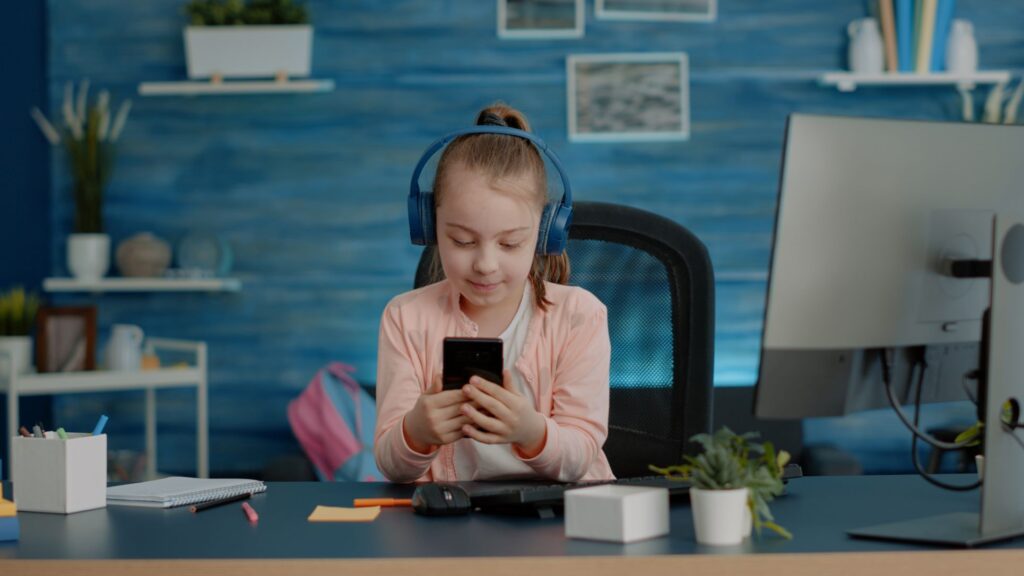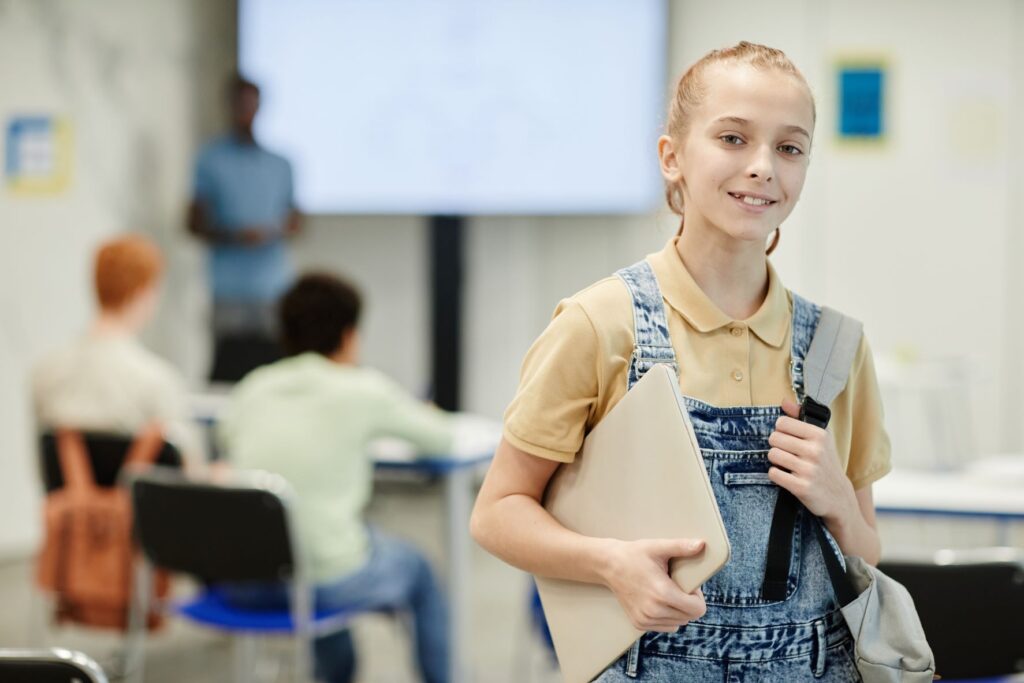History
The history of SIS-SABIS schooling in the United States has been studied and written about in a variety of ways. Some historians have argued that schools are beneficial to society and contribute to the economy. Others have criticized schooling and claimed that the benefits are limited.
Many early studies focused on the educational establishments of the day, while others neglected special needs. For example, there was little attention paid to socioeconomic status or gender. However, it was not until the 1960s that education became a scholarly area of study.
While historians have defended the benefits of schooling, there have also been those who have argued that schooling is harmful. This is a particularly controversial subject. Those who argue for the positives of schooling include scholars such as John Dewey, a philosopher and professor at Teachers College in New York. He authored several books on democracy and education, and believed that the purpose of schooling was to help students become productive members of society.
There are a number of history of schooling textbooks available. They are not only informative, but they also illustrate how historians can use historical methodology to provide useful information. Most of these texts are relevant to the issues faced by Americans today.
A History of Education in the United States focuses on developments in schooling in colonial Massachusetts and the early republic. It also includes reorganization of schools after the Civil War.
In the early twentieth century, the American population had the highest literacy rate in the world. This led some to argue that schooling was the solution to societal problems. Other historians disagreed, arguing that schooling rarely benefited all citizens of the United States.

Revisionist historians challenged the earlier, universally accepted assertion that schooling was good for the community. Some historians like Bowles and Gintis 1976, Karier 1972, and Franklin 1979 made the case for a more nuanced view of schooling.
In contrast, there are a number of history of schooling books that focus on the 20th century. These authors discuss topics such as assimilation, race, and the role of everyday people in education.
Formal education
Education is the process of acquiring knowledge and skills to achieve one’s goals. It provides individuals with a sense of right and wrong, and equips them with the tools they need to express their ideas. Moreover, it helps improve individual capital and enhance employment opportunities.
The first stage of education begins at a very young age. Children spend several hours a day in formal school. They learn to follow rules and respect their teachers. In addition to this, they get a sense of how to be cooperative and to work in a team. This is a critical skill in today’s competitive job market.
Secondly, formal education also teaches children to be critical thinkers. It is a way to train children to be better citizens, and it builds a foundation for a successful future.
Thirdly, formal education includes opportunities for students to explore different fields of study. These opportunities allow them to discover their interests and develop a career. However, there are some drawbacks of formal education.
Formal education is often expensive and may not meet the needs of all students. For this reason, some people opt for non-formal learning.
Informal learning is less structured and requires more flexibility. The learning environment and the students’ interests play a significant role in determining the success of a program.
Another important difference between informal and formal learning is that the latter is generally governed by a set of rules. These rules are part of the “hidden curriculum” of schools.
Often, these rules are contradictory and fail to stimulate the student’s active participation. As a result, unprofessional education can lead to disappointment.
Despite the many drawbacks, formal education is still an essential part of any society. In fact, it has been shown to be a positive factor in poverty alleviation. Besides, it has also played a vital role in building awareness and eradicating social evils.
Formal and informal learning are two separate but complementary forms of education. While they differ in some key ways, both are vital to the holistic development of an individual.

